Posted on January 05, 2015 09:36:00 PM
Rule of law and poverty reduction
1 0 Google +0 0
 |
“Poverty can be reduced in societies which are governed by the rule of law,” said Samuel Gregg of Acton Institute, writing for Public Discourse and re-published by MercatorNet.
The US-based Acton Institute is a think tank named after the English historian Lord John Acton, who is best known for his famous remark: “Power tends to corrupt, and absolute power corrupts absolutely.”
|
RELATED STORIES
 M.A.P Insights — Jose Rene C. Gayo: “A business solution to poverty”
 M.A.P Insights — Cliff M. Eala: “Fulfilled resolutions or broken promises?”
 M.A.P Insights — Rolando T. Dy: “BASTIONS OF AGRIBUSINESS”
 M.A.P Insights — Rolando T. Dy: “The need for creativity and problem solvers”
 M.A.P Insights — Rolando T. Dy: “Productivity and growth in the countryside: Management is key”
|
Gregg cites the rule of law’s importance in reducing poverty in the light of: (a) widening access to economic growth benefits, and (b) maintaining prosperity. He highlighted the large contrast between Australia and Argentina.
In 1900, the two countries, with steady political and legal structures and mainly European populations, rich in natural resources and large capital inflows, ranked among the top progressive countries in terms of per capita income. In 2014, Australia remains prosperous, politically and legally stable, and the world’s third-freest economy based on the Index of Economic Freedom.
By contrast, Argentina is saddled by economic degeneration, corporatism, populism and corruption. Over 100 years ago, “Argentina had the fifth-largest economy in the world. But decades of bad policies, worse governments and general incompetence turned this one-time powerhouse into a cautionary tale of default and devaluation… It has defaulted on its debt eight times in its 200-year history,” writes Matt Obrien in the Washington Post.
In 2012, according to the International Monetary Fund, Australia had a per capita income of $45,000 at No. 14, and Argentina, $22,000 at No. 54.
Gregg quotes Nobel Prize economist Douglass North: Argentina epitomizes “stop-and-go development, fragile democratic institutions, questionable foundations of citizens’ rights, personal exchange, and monopolized markets.” Gregg cites different points of these countries’ histories and the people’s choice of leaders.
In 2014, Argentina ranked 159th out of 178 countries in the Index of Economic Freedom. Note: Malaysia was No. 37, Thailand was No. 72, the Philippines No. 89, Indonesia No. 100, and Vietnam No. 147.
A legal philosopher, Harvard University’s Lon Fuller, claims that no tyranny had ever developed where rule of law was truly maintained. Gregg added that Plato observed in his Politicus: “If a society widely perceives the rule of law to be desirable, the regime often finds it convenient to pay more than lip service to the formal legal framework.”
Strong rule of law generally correlates with greater material prosperity. Gregg opines that “the commitment to fighting poverty should reflect a conviction that human beings are free, do possess reason, and are capable of flourishing. If we want to be coherent when addressing poverty, our concerns cannot be rooted in relativistic accounts of who human beings are. If the people become subject to arbitrary rule or backbreaking material poverty, that should be seen as a slight to their reason, and therefore an infringement of their dignity.”
Transpose the discussion to the Philippines.
In the early 1960s, the Philippines was second to Japan in terms of economic development in East and South Asia. By 2013, according to the World Bank, its rank slid to No. 14 out of 25 countries in terms of per capita income at purchasing power parity. No. 1 is Singapore at $78,740, Japan $36,320 (No. 4), South Korea $33,140 (No. 5), Malaysia $23,300 (No. 6), Thailand $14,390 (No. 7), China $11,900 (No. 8), Indonesia $9,560 (No. 10) and the Philippines, $6,530.
So, what happened between the 1960s and 2000s? Did we follow the Argentinian model? Did the country go through what Nobel economist Douglass North called “stop-and-go development, fragile democratic institutions, questionable foundations of citizen rights and personal exchange, and monopolized markets?”
Certainly, economic growth since 1946 went through a “stop-and-go” development. Since the 1980s, peer countries such as Indonesia, Malaysia and Thailand grew at much faster rates while the Philippines struggled. We pride ourselves with our pseudo-democratic institutions that caused severe discontinuities in government directions after elections. The country has yet to craft a sound competition policy.
Shifting to the rule of law: Who crafts laws in this country? By and large, the elite. There is certainly nothing wrong with the elite as long as the common good of society is their moral construct.
But, as it is, the rightist elite desires to continue control of power and resources through regulatory capture and the electoral processes. The masses are blindsided by glitzy political advertisements while wrongdoings are covered up.
The leftist elite continues to criticize the current “feudal-fascist structure” without offering sound and tested development and business models. Their underground allies burn businessmen’s assets for refusing to pay exorbitant “taxes.” Jobs are lost in the process, but no condemnations from their mainstream allies.
In the end, it is the masses (perhaps half of the population) who are stuck in poverty. They are pawns of the continuing “ideological” struggles. We need a stable rule of law and long-lasting institutions to finally eliminate mass poverty and join the company rolls of middle-income countries. The year 2016 will be an acid test.
Rolando T. Dy is chair of the MAP AgriBusiness and Countryside Development Committee, and the executive director of the Center for Food and AgriBusiness of the University of Asia & the Pacific.
